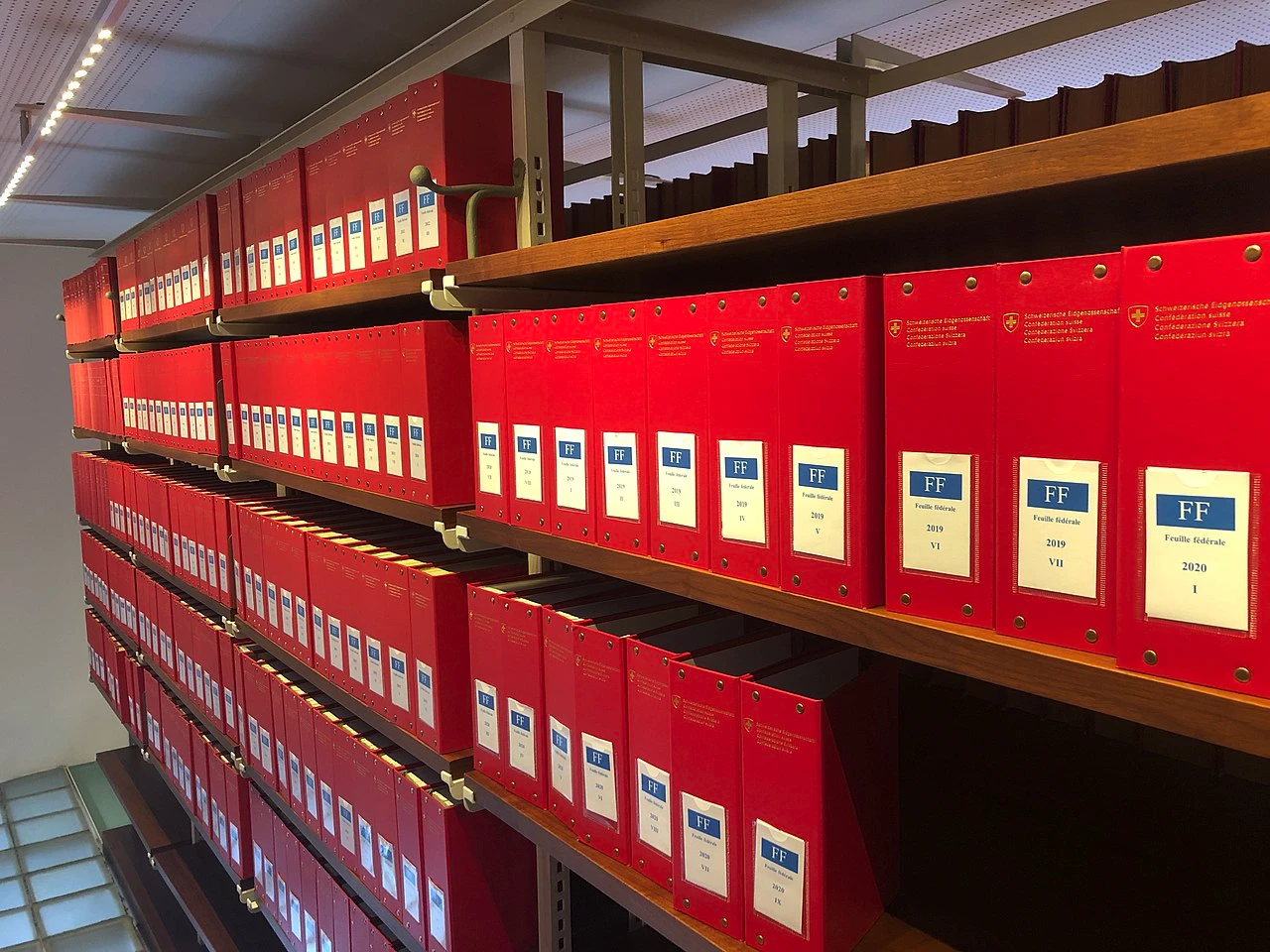Bern, 18.09.2020 – At its meeting on 18 September 2020, the Federal Council approved the dispatch concerning the new law on COVID-19 joint and several guarantees. The aim is to transpose the COVID-19 joint and several guarantees ordinance into ordinary law, which was issued in the form of an ordinance of necessity and whose validity is limited to 25 September 2020. Since the repayment of the loans will take many years, a federal law is needed which regulates the processing of credit and surety practices. The participants who expressed themselves in the framework of the consultation welcomed the project positively.
On 25 March 2020, the Federal Council adopted the COVID-19 joint and several guarantees ordinance to ensure liquidity for Swiss companies. This gave SMEs quick and unbureaucratic access to bank loans guaranteed by the four recognized guarantee organizations. In turn, the Confederation undertook to compensate these organizations for the losses resulting from the sureties. By the end of August, just over 136,000 loans amounting to CHF 16.4 billion had been guaranteed. More than 80 percent of credits were awarded to small businesses with fewer than ten full-time jobs.
The Federal Council is required to submit bills for the transposition of necessity ordinances into ordinary law to Parliament within a period of six months. This bill regulates the rights and obligations of the four recognized guarantee organizations, especially if the banks or PostFinance Ltd enforce the guarantees and the claims are then transferred to the guarantee organizations. At the same time, the Executive implements some requests from Parliament. The new law regulates all important aspects of the term of loans and sureties. Furthermore, it contains tools for the fight against abuses and the treatment of hardship cases.
Wide approval expressed in the consultation phase
Almost all participants in the consultation were in favor of the COVID-19 joint and several guarantees ordinance and its transposition into the new law. In particular, they approve the waiver of the partial ban on investments, the consideration of hardship cases based on individual cases and the possibility of extending the deadline for depreciation from five to ten years. The waiver of transforming COVID-19 credits into non-repayable contributions has also been expressly approved.
In individual opinions, an extension of the ordinary term envisaged for amortization was requested, even in the absence of a penalty case. A relaxation of the ban on dividend distribution has also been proposed. Some participants also asked to extend the deadline for submitting a credit application. The Federal Council rejects these proposed amendments and sets out the reasons for this rejection in the message (see no. 2). Following the unequivocal results gathered during the consultation, the text of the bill largely corresponds to the preliminary draft submitted for consultation.
The Federal Council proposes to Parliament to deal with the law in the winter session according to the extraordinary procedure. Exceptionally, both Houses will have to express themselves on the law in the same session. This should allow the law to come into force on 1 January 2021.
Simultaneously with the adoption of the dispatch, the Federal Council is extending the validity period of the Ordinance on joint and several guarantees COVID-19 in order to avoid regulatory gaps until the entry into force of the new law.
Address for inquiries
Federal Finance Administration FFA, Communication
Phone +41 58 465 16 06,
kommunikation@efv.admin.ch








